12-07-2023

Lying between the Atlantic and Arctic Oceans, the relatively isolated island of Iceland is home to a very friendly and welcoming people. The Icelanders have their fair share of quirky habits and traditions, with certain manners in Iceland perhaps differing from those in your home country.
When visiting Iceland, you might be interested to learn more about the culture of its people and educate yourself about Iceland etiquette. Our guide to the most important Iceland manners and etiquette will set you up for success on your trip – let’s get learning!
So, what are some Iceland manners that locals consider to be very important? Here’s a rundown of key Iceland etiquette to keep in mind during your vacation:
Perhaps the most important piece of Iceland etiquette for visitors to remember is the ‘leave no trace’ rule, which means that you leave natural areas as you found them. This includes picking up any rubbish if you have a picnic outside, avoiding trampling on grass or moss, and making sure not to take anything from the environment.
As Iceland’s flora and fauna is quite fragile, it can be easily damaged by people walking across it. Sticking to footpaths will allow the delicate wilderness to continue to flourish. Iceland’s incredible landscapes and natural wonders are mostly undisturbed and unmarred by humans, which is why it’s so important to preserve their natural beauty.
.jpg)
While Icelanders always say thank you, you might be surprised to learn that there’s actually no word for ‘please’ in Icelandic. If an Icelander asks you for something and doesn’t say please, don’t be offended. They’ll say thank you when they receive it, instead.
It’s common in Iceland to say thank you for your meals and also to say ‘thank you for last time’ when you meet someone again after spending time with them. ‘Takk’ is the equivalent of ‘thanks’ in Icelandic.
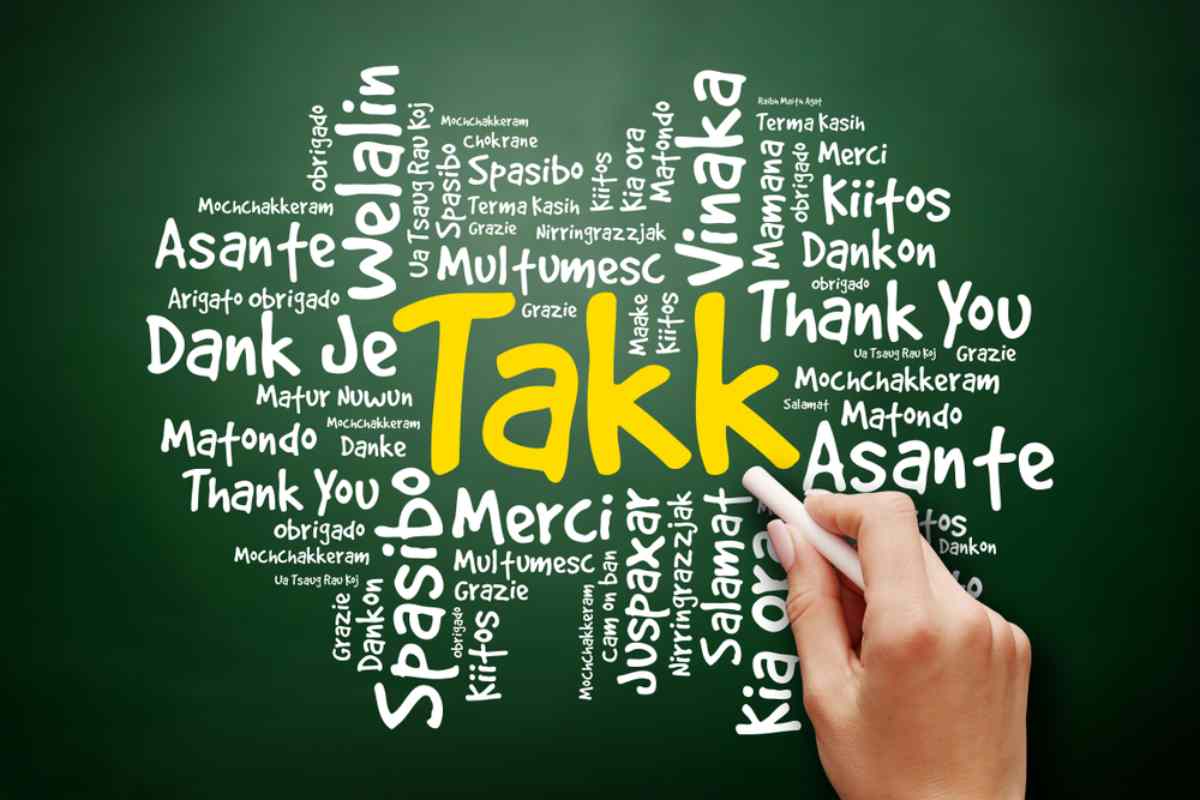
For hygiene reasons, it’s required to shower before entering a public bathing space or sauna. Icelanders take this rule very seriously. At geothermal pools and spas, you’ll even find shower cubicles with instructions on how to clean properly before entering the pool.
Make sure to take a shower and clean thoroughly before indulging yourself in a soak in one of Iceland’s amazing lagoons or pools, such as the famous Blue Lagoon.
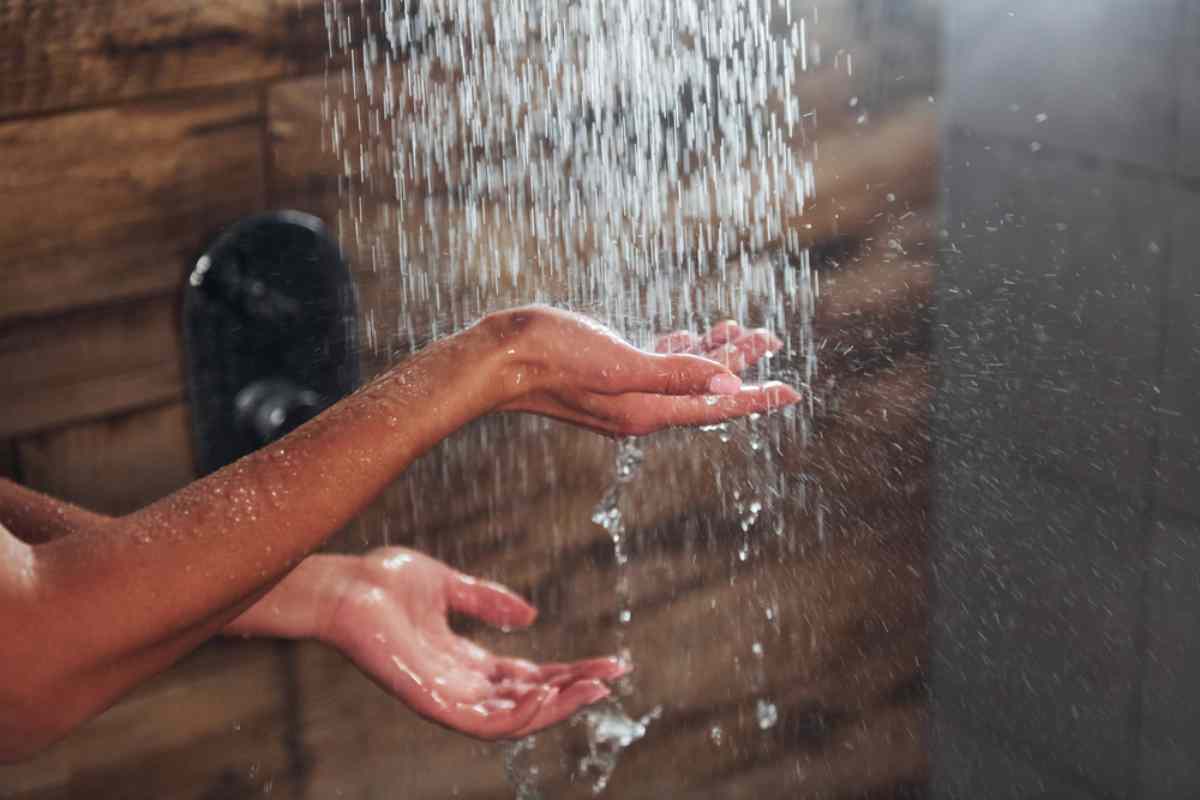
Guests always take off their shoes when entering someone’s home in Iceland. This is an important part of Icelandic culture, as it shows respect for the person and their home. Taking off your shoes keeps their space clean and free from any dirt from outside.
If your host doesn’t mind you keeping your shoes on, they will usually tell you. If you’re unsure and want to clarify, we recommend just asking your host what they prefer.
.jpg)
Some of Iceland’s foods and traditions may be very different to those you’re accustomed to at home, but it’s important to respect them, even if you don’t personally want to try them yourself. For example, the national dish of hakarl is fermented shark meat, which can put many foreigners off. Although it may have a strong smell, the dish is an Icelandic treasure.
If you’re excited to try some unique and strange foods, you’ll be right at home in Iceland! It’s equally fine if you don't want to try them; just make sure to be courteous and respect those around you if you’re dining in a restaurant.
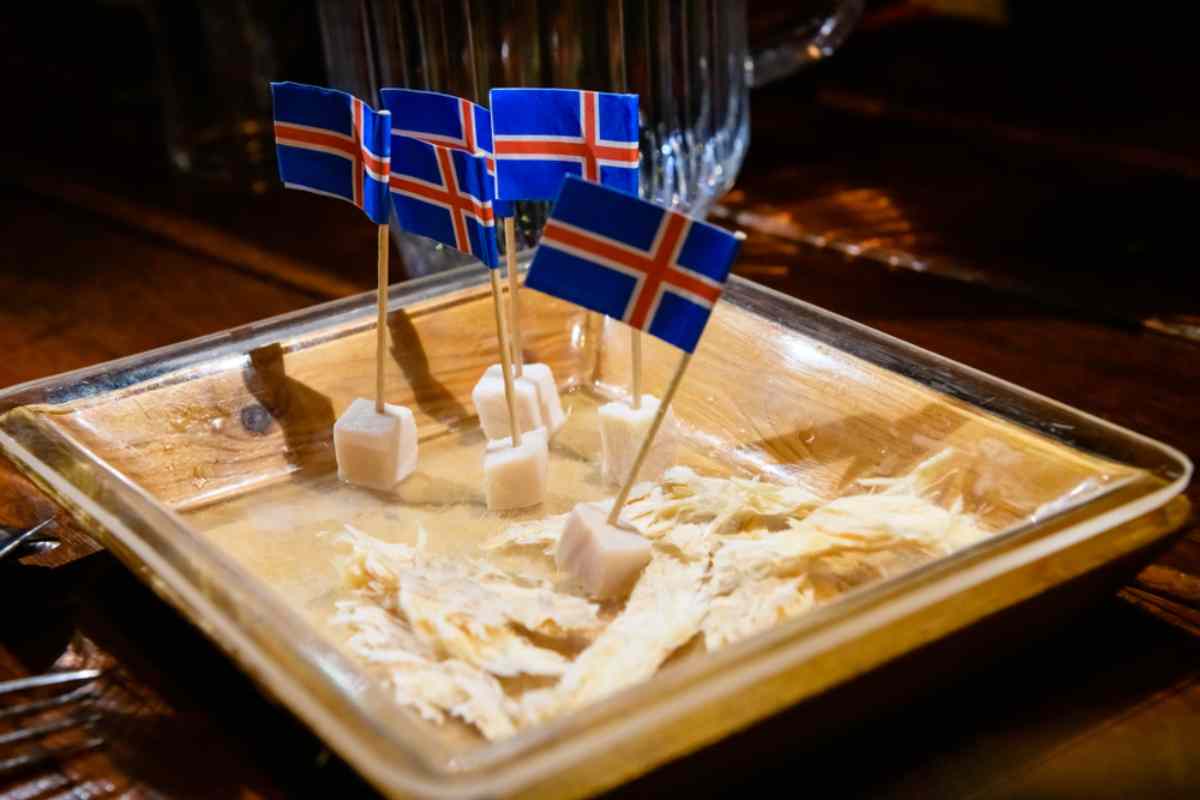
Tipping in restaurants or for other services isn’t part of Iceland etiquette. Some cafés, restaurants and other places that offer services will have a tip jar at the counter for you to use if you please, but it’s not considered offensive if you choose not to leave a tip.
In fact, most Icelanders don’t always leave a tip as a general rule. It’s up to you to decide when you want to leave a tip and how much you want to give, depending on the quality of the service you received.
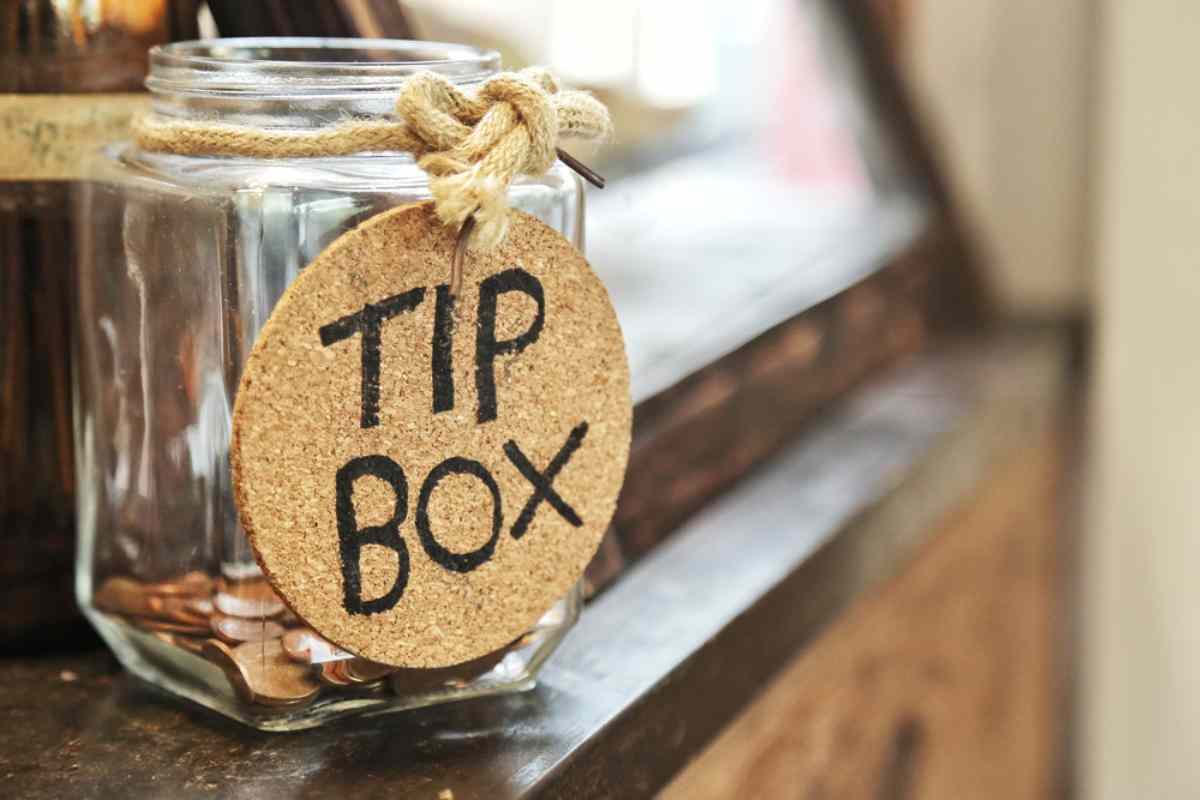
It’s important to stick to the marked roads when driving in Iceland. Off-roading is actually illegal in Iceland, as a measure to protect the country’s delicate flora and fauna. Venturing off the road can cause irreversible damage to the environment, while also presenting big safety risks to you and your passengers.
If you’re found off-roading, you’ll most likely be lumped with a hefty fine and could face imprisonment. Be sure to respect the land by driving only on the roads.
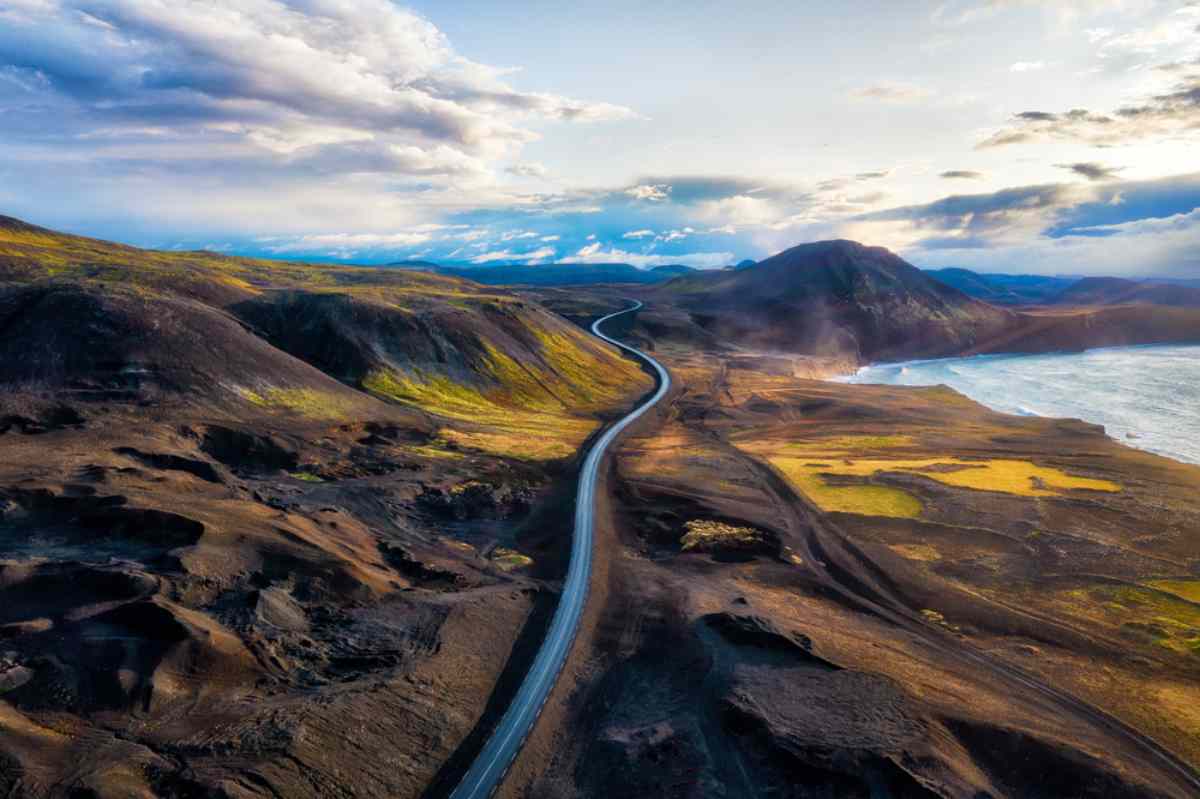
Single-lane bridge etiquette is an important aspect of driving in Iceland to be aware of that you may not be familiar with in your home country. These single-lane bridges can only be crossed by one car at a time, so it’s up to the drivers to navigate which car will go first.
The general rule of thumb is that the car closest to the bridge has the right of way, so, when using your Iceland manners, you will let the other car cross the bridge first if they’re closer than you. If you’re closer, then go ahead!
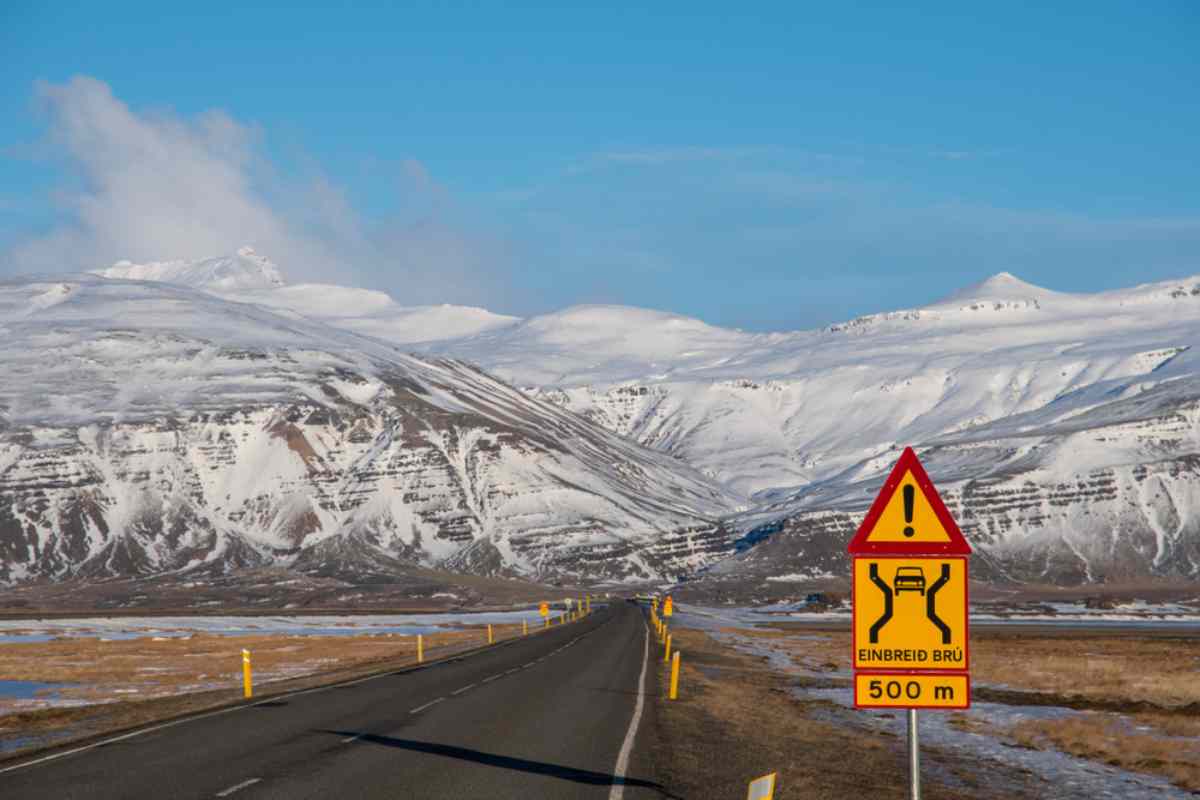
In Icelandic culture, it’s normal for a person to be called by their first name in both formal and informal situations. There are actually no family names in Icelandic tradition, with children being referred to as their first name, followed by ‘son of’ or ‘daughter of’ their parent’s Christian name.
In Iceland etiquette, it’s not rude to call someone by their first name; you can call Icelanders by their first name, no matter if they’re the Prime Minister or someone you met in a café!
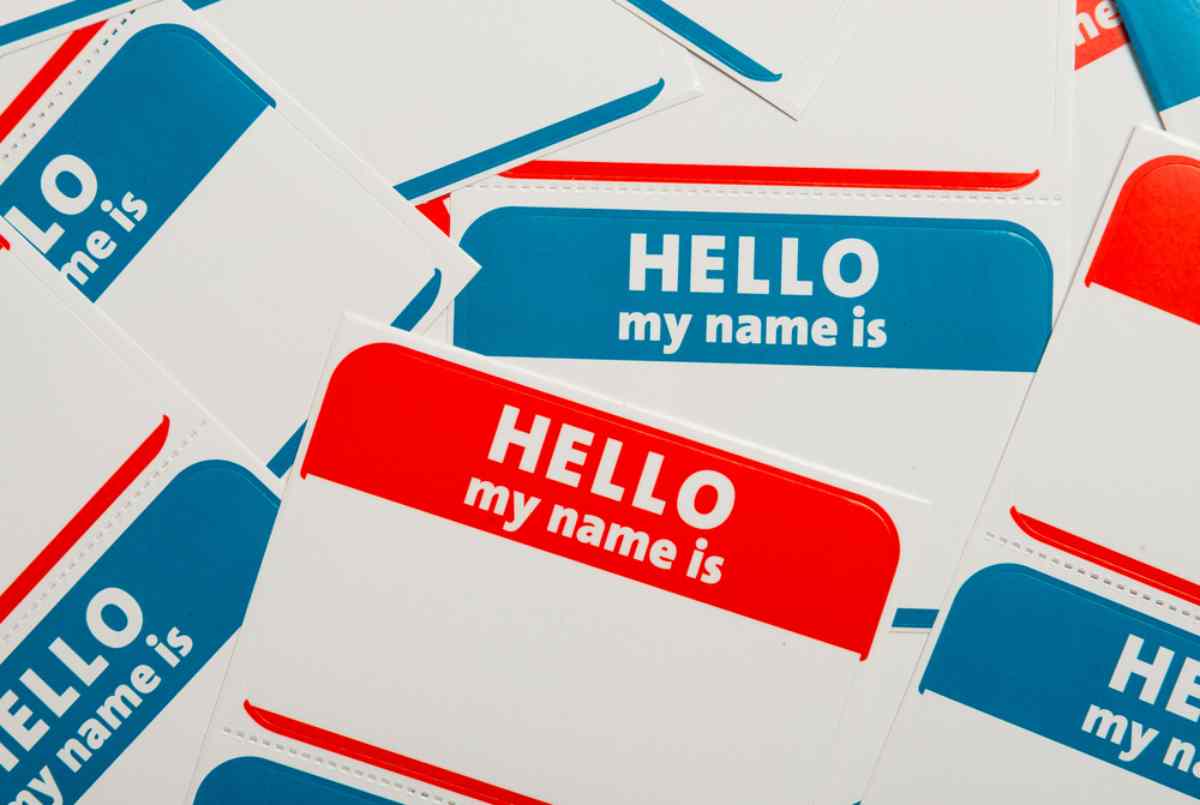
When heading out to some of Iceland’s more remote natural wonders, it’s best to travel in a group for safety reasons. While there are many search and rescue teams in Iceland with thousands of volunteers who work all year round, their services are becoming ever more in demand due to the increasing number of tourists visiting the country.
To help these teams cope with the demand and avoid getting into any difficult situations yourself, we recommend traveling responsibly by using common sense, staying in a group, obeying any signs and making a travel plan that you share before you set off on your adventure.
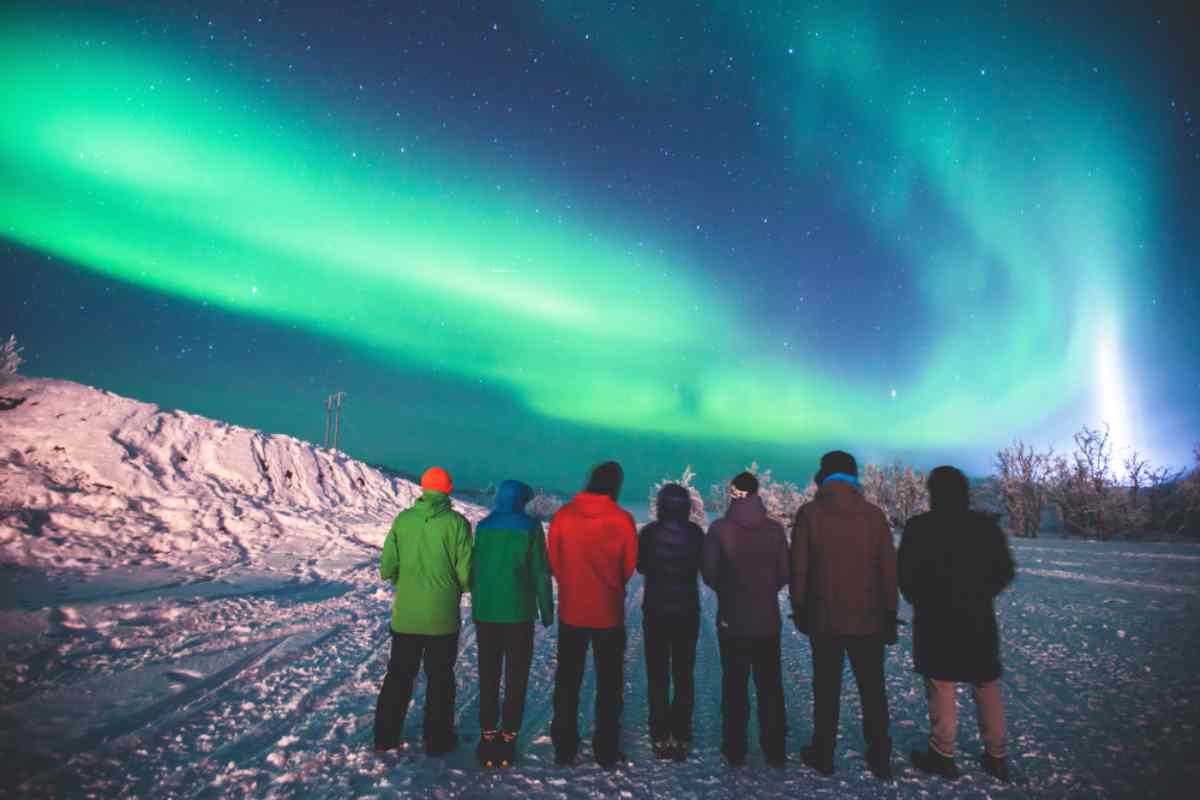
What else do you need to know before your trip to Iceland? Here are a few of the key points we believe it’s good for visitors to know so you’re best prepared to enjoy your time on the beautiful island of Iceland.
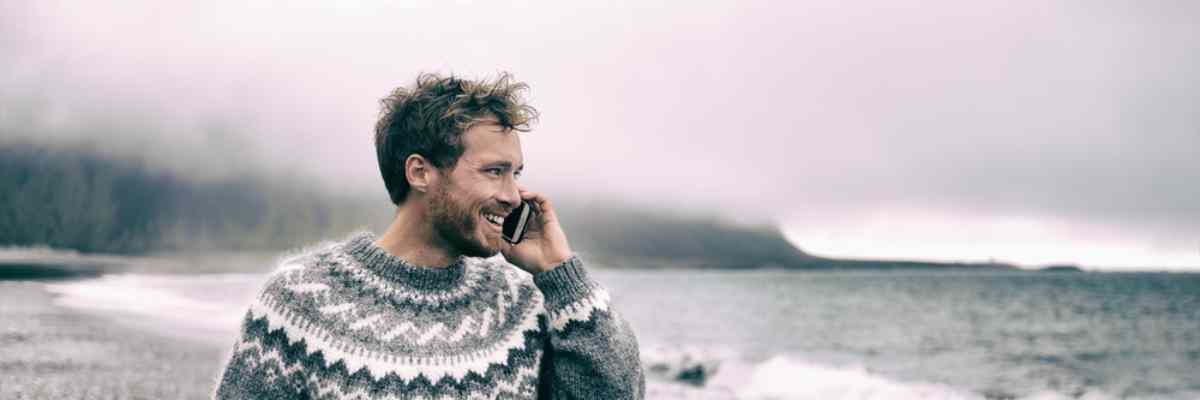
Excited to explore Iceland yourself and put all your knowledge of Iceland etiquette into practice? You’ll be all set to make a brilliant impression and get the most out of your vacation with these Iceland manners.
Get prepared for the trip of a lifetime by renting a car in Iceland, ready for a magical road trip adventure! You can head onto the open road to discover volcanoes, glaciers, waterfalls and geothermal lagoons all across this magical country. Ready? Let’s go!